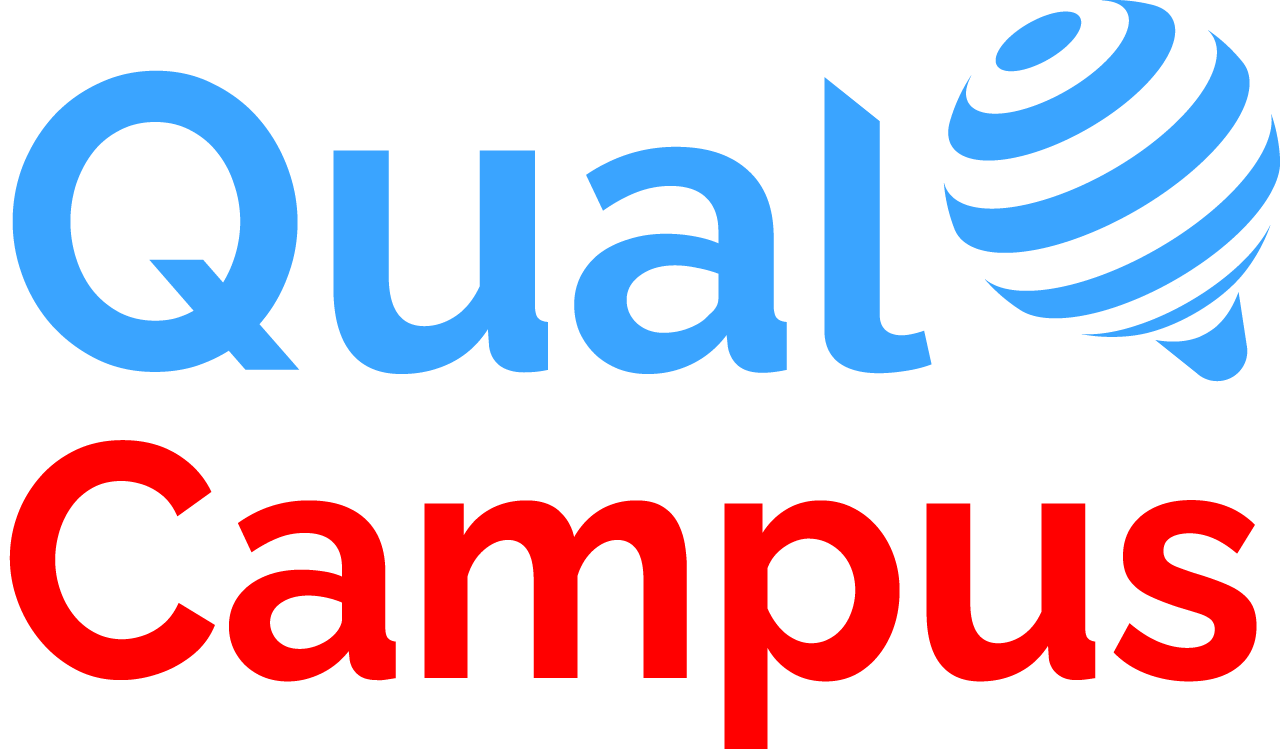In recent years, AI has taken a step in various fields. Artificial Intelligence (AI) has emerged as a transformative force in various industries. From healthcare to finance, AI has reshaped the way we work, interact, and learn.
In the realm of education, AI’s potential is particularly promising. This article delves into the multifaceted role of AI in education, exploring how it is revolutionizing traditional learning methods, improving educational outcomes, and shaping the future of education.
Let’s go ahead by understanding the role of Artificial Intelligence in the Education sector.
The Role of AI in Education
The Key Role of Artificial Intelligence in Education are as follows
- Personalized Learning
- Intelligent Tutoring Systems
- Data-Driven Insights
- Adaptive Content Creation
- Lifelong Learning and Skill Development
Let’s get deep dive into the Role of AI in Education
Personalized Learning
One of the most significant advantages of integrating AI into education is its ability to facilitate personalized learning experiences. Adaptive learning platforms leverage AI algorithms to tailor educational content to the unique needs and learning styles of individual students. This dynamic approach not only enhances student engagement but also improves comprehension and retention rates.
Personalized learning allows students to progress at their own pace, fostering a deeper understanding of the subject matter.
Intelligent Tutoring Systems
AI-powered virtual tutors are redefining the way students receive guidance and support outside the classroom. These tutoring systems offer real-time feedback, assisting students with homework, assignments, and exam preparation.
The personalized assistance provided by AI tutors not only aids in academic performance but also boosts students’ confidence and self-esteem. Educators, in turn, benefit from insights into students’ learning progress, enabling them to refine their teaching strategies.
Data-Driven Insights
AI’s data analysis capabilities are a game-changer in education. By analyzing student performance data, AI can identify patterns and trends, helping educators make informed decisions to optimize teaching methods.
This data-driven approach enables timely interventions for struggling students, preventing learning gaps from widening. Moreover, educators can identify high-performing teaching techniques and replicate them to achieve consistent positive results.
Adaptive Content Creation
AI tools can assist educators in creating engaging and relevant educational content. These tools analyze existing materials, identify gaps, and recommend additional resources or activities to enhance the learning experience. Furthermore, AI can generate visual aids, infographics, and interactive simulations, making complex topics more accessible and comprehensible.
Lifelong Learning and Skill Development
Beyond formal education, AI can support lifelong learning and skill development. Online learning platforms equipped with AI can recommend courses and learning materials based on a person’s career goals and current skills. This personalized approach encourages individuals to continuously update their knowledge and acquire new competencies.
Applications of AI in Education
The applications of Artificial Intelligence in Education are as follows
- Virtual Classrooms and Remote Learning
- Automated Grading and Assessment
- Language Processing and Translation
Virtual Classrooms and Remote Learning
The global shift towards remote learning has been accelerated by AI-driven virtual classrooms.
These platforms facilitate seamless online education, offering features like interactive lectures, collaborative projects, and digital assessments. While challenges such as limited access to technology and potential distractions exist, AI continues to evolve, creating more immersive and engaging virtual learning environments.
Automated Grading and Assessment
AI’s role in streamlining administrative tasks cannot be understated. Automated grading systems relieve educators of the time-consuming task of manually grading assignments, quizzes, and exams. This not only reduces their workload but also ensures consistent and unbiased grading. Educators can allocate more time to providing personalized feedback and refining their teaching strategies.
Language Processing and Translation
AI’s language processing capabilities bridge communication gaps in diverse classrooms. Language barriers often hinder effective learning, especially in international education settings. AI-powered translation tools facilitate effective communication, allowing students and educators to interact in their preferred languages. This fosters inclusivity and diversity, enriching the overall learning experience.
Implementing AI in Educational Institutions
Overcoming Barriers to Adoption
The widespread adoption of AI in education faces hurdles such as financial constraints and varying levels of technological readiness. While AI implementation requires investment, the long-term benefits in terms of enhanced learning experiences and improved outcomes justify the costs. Educators and institutions must collaborate to address these challenges and harness AI’s potential.
Successful Case Studies
Several educational institutions have successfully integrated AI into their curricula, yielding positive outcomes. For example, Georgia State University used predictive analytics to identify students at risk of dropping out, leading to a significant increase in retention rates. These case studies demonstrate that with proper planning, training, and commitment, AI can bring about transformative changes in education.
The Future of AI in Education
Emerging AI Technologies
The future of AI in education holds exciting prospects. Predictive analytics can further evolve to not only identify struggling students but also recommend personalized interventions.
Virtual reality (VR) and augmented reality (AR) applications promise immersive and interactive learning experiences, bridging the gap between theoretical concepts and real-world applications.
The Role of Educators in an AI-Driven Future
As AI becomes more integrated into education, the role of educators will evolve. Rather than replacing teachers, AI will empower them to focus on creativity, critical thinking, and personalized guidance. Educators will curate AI-driven content, facilitate meaningful discussions, and provide emotional support, emphasizing the human aspects that AI cannot replicate.
One more thing in Education as important as AI is the best LMS or Education Management Software. Who takes care of all the tasks like student management, admission processes, attendance tracking, fee management, and more…
Additionally, platforms like “QualCampus” have gained recognition as comprehensive ERP (Enterprise Resource Planning), LMS & CRM Software Solutions for Higher Education Institutes.
QualCampus offers a range of features, including student management, admission processes, attendance tracking, fee management, and more. Its integrated approach streamlines administrative tasks, enhances communication, and improves overall efficiency.
Do you want to know more about QualCampus education solutions? Here you can ask for inquiries and demo software.
Conclusion:
The integration of Artificial Intelligence into education marks a paradigm shift in learning methodologies. From personalized learning to intelligent tutoring systems, AI is enhancing educational outcomes and creating more inclusive learning environments. Ethical considerations must guide its implementation, ensuring fairness and privacy.
As educators and institutions embrace AI responsibly, the future of education holds unparalleled possibilities, shaping a generation of learners equipped to navigate a dynamic world.
So, What do you think about the future of AI and How Artificial Intelligence(AI) in Education is effective for students and Educators?
To know More about QualCampus Education ERP, LMS & CRM
Where can you find the Best ERP, LMS & CRM in the Market?
When it comes to finding ERP, LMS & CRM, you have several options available. While many ERP providers offer’s them, but QualSoft stands out as one of the leading brands renowned for providing exceptional ERP, LMS & CRM solutions. Our comprehensive range of offerings includes features such as Fees Management, Customer Relationship Management, Admission Management, Exam Management, Learning Management, Student Training & Placement Management, Online Class Management System, and a Cloud Based Student Information Systems (SIS) top-notch .
If you’re considering implementing or upgrading your existing ERP system in your educational institution, whether it’s a University, College, School, or group of institutions, look no further than QualCampus. With our cutting-edge ERP, CRM & LMS solutions, you can streamline your administrative processes, enhance collaboration, and provide a seamless learning experience for your students. QualCampus is your ultimate one-stop solution for all your ERP, CRM & LMS needs in the education sector.









